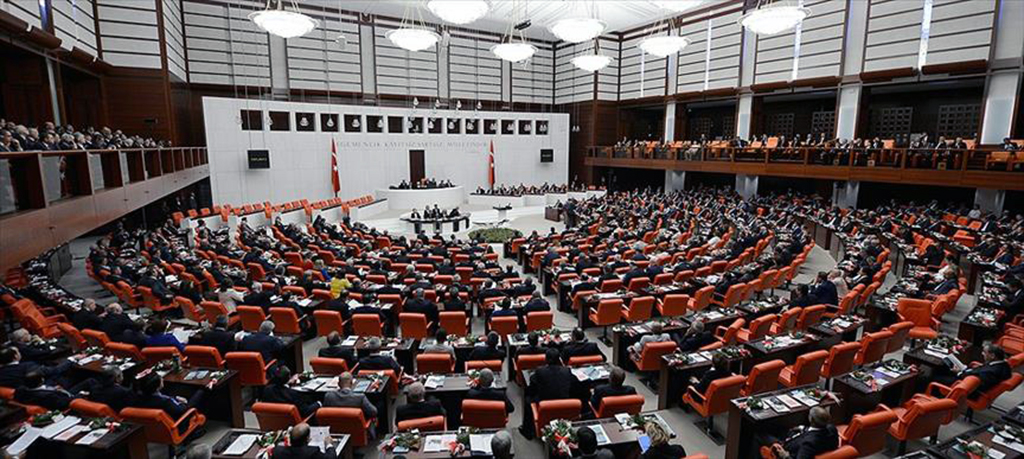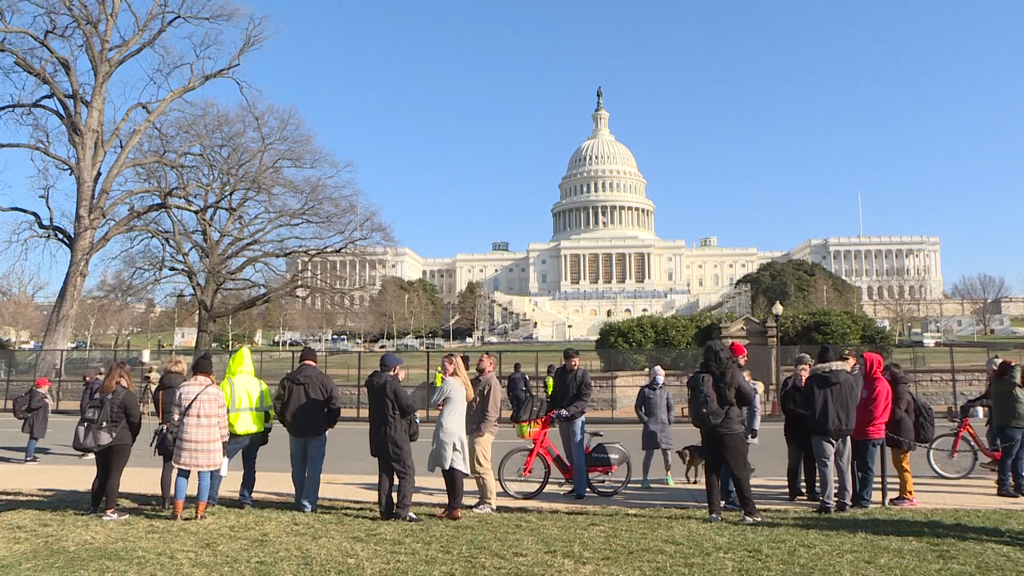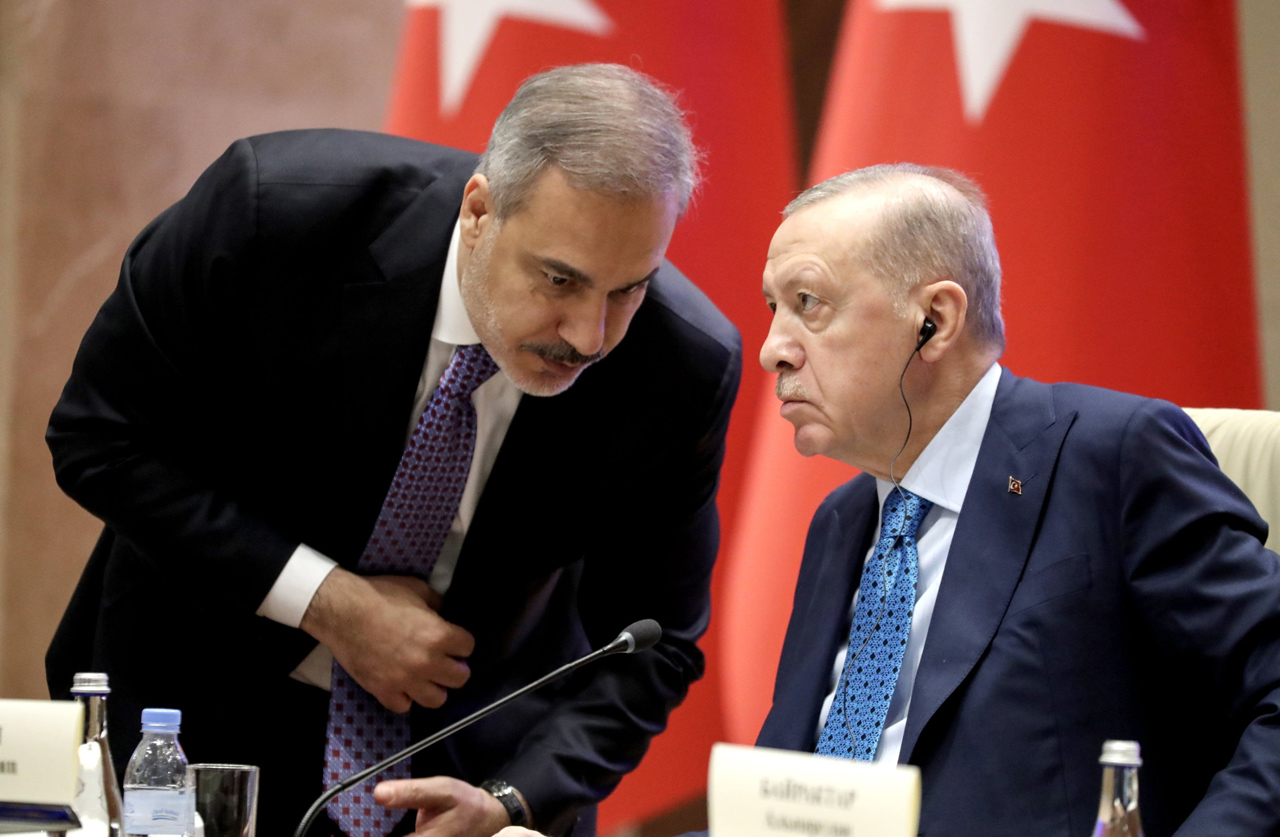Building on its victory in the rerun Istanbul mayoral elections, Turkey's opposition just launched its campaign to reverse the country's transition to the presidential system. Their current effort is a prelude to a pending call for early elections. Provided that Turkey has held eight elections since 2014, it would be risky for the opposition to ask for early elections right away. Whoever makes that call will certainly face backlash from an election-weary population. Hence Republican People's Party (CHP) Chairman Kemal Kılıçdaroğlu's public comments on President Recep Tayyip Erdoğan's impartiality to build up to the question of early elections. At the same time, his remarks were intended to drive a wedge between the People's Alliance and the Justice and Development Party (AK Party). One could interpret Kılıçdaroğlu's move as an attempt to carve out political space for certain politicians rumored to be preparing to form a new party.
While Erdoğan was in Japan to attend the G20 summit, Nationalist Movement Party (MHP) Chairman Devlet Bahçeli spoke out against a debate about the presidential system. He dismissed efforts to interpret the Istanbul rerun's outcome as the "beginning of restoration" as "ill-intentioned." It seems that the opposition will keep raising questions about the presidential system and calling for a return to a parliamentary system in the future. The government will be criticized for various issues through references to this key point.
Having seen that the accusation of "one-man rule" did not stick, Turkey's opposition plans to reshift the focus of their campaign to the system itself. This new direction will seek to fuel discontent among the AK Party's ranks regarding the presidential system. Again, the opposition will target Erdoğan without mentioning him. They hope to incorporate some members of the AK Party into the consolidated alliance between CHP, the Good Party (İP) and the Peoples' Democratic Party (HDP).
Any move to reform a given country's system of governance reflects years of administrative experience. It seeks to resolve crises and address pressing issues. A new system of government would be open to revisions in the founding and consolidation stages. Shortages of interagency coordination, if any, can be resolved during this period. To be clear, the AK Party itself wants to take stock of the presidential system, which has been in effect for nearly a year.
The party's leadership will assess how policy councils are doing, the state of relations between the party and various ministries, and the balance between the executive and legislative branches. It will address shortcomings and make arrangements if necessary. This assessment, however, must result in radical changes. It is crucial for Turkey to stick to the presidential system. In the absence of sufficient experience, major revisions could get in the way of institutionalization. As such, at least one or two election cycles must pass before any serious changes are considered.
To make decisions regarding the country's system of government based on hasty assessments, before a full year has passed and the various players have determined their respective positions, would result in huge problems. Any radical move without insight into electoral alliances, relations between political parties and candidates, the bureaucracy's restructuring and changes in political culture could lead to turbulence.
The question of the "partisan presidency" is a case in point. Turkey's political parties have not yet adapted their structures to the presidential system. To cut off the Turkish president from their party would pave the way for future crises. The problem of dual legitimacy, which was a permanent fixture under the parliamentary system, could arise once again in the form of tensions between presidents and the ruling party's leader.
In the words of Nebi Miş, it would "make elected officials more vulnerable in the face of the bureaucracy [and result in] the party leader becoming more influential over the party than the president – in case of a disagreement, they could even move to expel the president from his/her party."
Turkey must focus on institutionalizing its new system of government. We are still experimenting with a president and metropolitan mayors who run on alliance tickets.
[Daily Sabah, 6 July 2019]

How to evaluate Turkey's system of governance
Building on its victory in the rerun Istanbul mayoral elections, Turkey's opposition just launched its campaign to reverse the country's transition to the presidential system. Their current effort is a prelude to a pending call for early elections.
Share
Tags »
Related Articles







